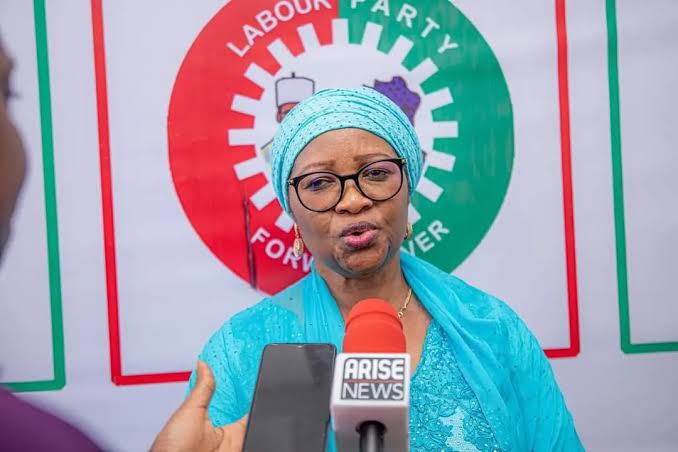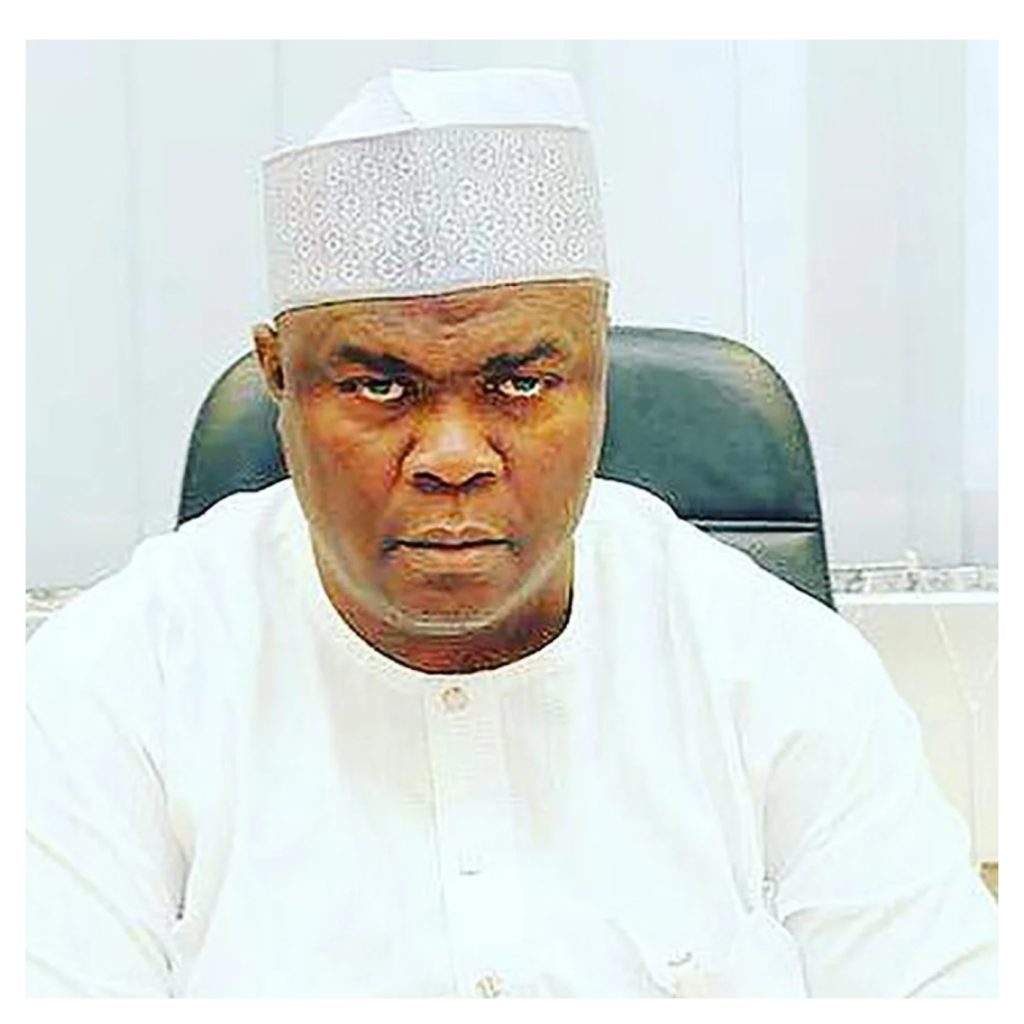The Devastating Consequences of Disinformation: A Mock Trial in the Democratic Republic of Congo
In a powerful demonstration of the dangers of disinformation, a mock trial was held in Bunia, Democratic Republic of Congo, on June 20. The trial, organized by MONUSCO’s Strategic Communication and Public Information Section, aimed to raise awareness about the impact of spreading false information. The scenario was all too real: 34-year-old Dieumerci Kati stood accused of sharing a false rumor about poisoning on WhatsApp, which quickly spread across several groups, causing irreparable harm to the person falsely accused.
The victim’s emotional testimony highlighted the devastating consequences of disinformation. "Since these messages started circulating, I haven’t been able to sleep. People point fingers at me, some avoid me, others call me a murderer. I lost my wife. My life has collapsed because of a lie," they said. The accused, Dieumerci Kati, admitted to sharing the rumor, claiming it was "just a joke at first." However, the mock court handed down a sentence of two months in prison, a fine of one million Congolese francs, and symbolic compensation for the victim.
The trial was part of a workshop on the mechanisms, challenges, and impacts of disinformation, attended by around 100 young people, including 30 girls. The event focused on the security risks associated with misinformation, particularly in the context of Ituri, where rumors have already jeopardized operations against armed groups. The Democratic Republic of Congo’s Digital Code, which strictly regulates the dissemination of false information, was presented as a reminder that the uncontrolled circulation of online content now carries legal liability.
Jean-Tobie Okala, MONUSCO’s Public Information Officer in Ituri, emphasized the importance of critical thinking in the digital age. "Criticism is legitimate, but it must be based on facts. Before sharing any information, everyone should ask themselves three questions: Is it true? Is it useful? Is it responsible?" he said. The participants, including law student Fidèle Kazadi and youth representative Virginie Kakori, expressed their newfound awareness of the dangers of disinformation and committed to verifying the reliability of content before sharing it.
The mock trial served as a stark reminder that the fight against disinformation is not only the responsibility of institutions, but also of individuals. By checking the reliability of content before sharing it, we can all play a role in preventing the spread of false information and promoting a more informed and responsible digital community. As Virginie Kakori aptly put it, "Disinformation destroys, divides, and threatens peace." It is our collective responsibility to stop it.

![iyabo ojo claims lizzy anjorin has schizophrenia needs help Lizzy Anjorin's husband not interested in getting her help - Iyabo Ojo claims [VIDEO]](https://mediatalkafrica.com/wp-content/uploads/2026/01/xIyabo-Ojo-claims-Lizzy-Anjorin-has-schizophrenia-needs-help-1024x512.jpeg.pagespeed.ic.gy55IZkWZl.jpg)

